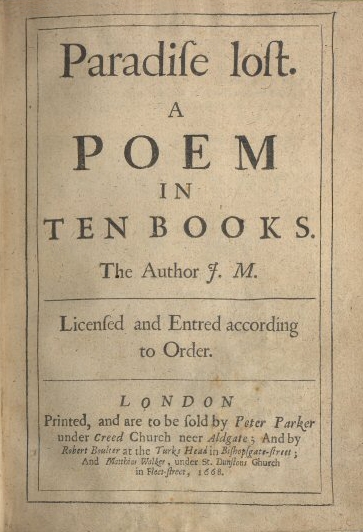Psychology of God Belief
In his excellent talk on the psychology of redemption in Christianity, Dr. Jordan Peterson explains how the Christian vision of God creates balance in the people’s minds. It does do by allowing for them to pursue an ideal without treating their own personal interpretations or reductions of that ideal as absolute in themselves. How? Because God is beyond our understanding, except as the highest possible good.
A New Testament Theological Take
What Peterson’s take might mean for the Christian is that our vision of God provides an ideal to pursue. But what idea? Primarily, it is that of the virtue revealed in Jesus and his teachings. Secondly, it is the Old Testament, interpreted through Christ. Finally, the virtue evident through the study of nature. But, since God and even the highest human character possible are ultimately incomprehensible, conversations with truth-telling as the goal must occur so that we can make the course corrections necessary to attain to the ideal. This is why Paul can say that he presses onward toward the goal, but also that he does not think he has attained to the goal of perfect participation in God or in the character of Jesus Christ.
The Jordan Peterson Video:
Here’s my own take on that concept:
Here are some of the relevant passages of Scripture:
Matthew 6:25-34 ESV “Therefore I tell you, do not be anxious about your life, what you will eat or what you will drink, nor about your body, what you will put on. Is not life more than food, and the body more than clothing? (26) Look at the birds of the air: they neither sow nor reap nor gather into barns, and yet your heavenly Father feeds them. Are you not of more value than they? (27) And which of you by being anxious can add a single hour to his span of life? (28) And why are you anxious about clothing? Consider the lilies of the field, how they grow: they neither toil nor spin, (29) yet I tell you, even Solomon in all his glory was not arrayed like one of these. (30) But if God so clothes the grass of the field, which today is alive and tomorrow is thrown into the oven, will he not much more clothe you, O you of little faith? (31) Therefore do not be anxious, saying, ‘What shall we eat?’ or ‘What shall we drink?’ or ‘What shall we wear?’ (32) For the Gentiles seek after all these things, and your heavenly Father knows that you need them all. (33) But seek first the kingdom of God and his righteousness, and all these things will be added to you. (34) “Therefore do not be anxious about tomorrow, for tomorrow will be anxious for itself. Sufficient for the day is its own trouble.
1 Corinthians 13:1-13 ESV If I speak in the tongues of men and of angels, but have not love, I am a noisy gong or a clanging cymbal. (2) And if I have prophetic powers, and understand all mysteries and all knowledge, and if I have all faith, so as to remove mountains, but have not love, I am nothing. (3) If I give away all I have, and if I deliver up my body to be burned, but have not love, I gain nothing. (4) Love is patient and kind; love does not envy or boast; it is not arrogant (5) or rude. It does not insist on its own way; it is not irritable or resentful; (6) it does not rejoice at wrongdoing, but rejoices with the truth. (7) Love bears all things, believes all things, hopes all things, endures all things. (8) Love never ends. As for prophecies, they will pass away; as for tongues, they will cease; as for knowledge, it will pass away. (9) For we know in part and we prophesy in part, (10) but when the perfect comes, the partial will pass away. (11) When I was a child, I spoke like a child, I thought like a child, I reasoned like a child. When I became a man, I gave up childish ways. (12) For now we see in a mirror dimly, but then face to face. Now I know in part; then I shall know fully, even as I have been fully known. (13) So now faith, hope, and love abide, these three; but the greatest of these is love.
Hebrews 1:1-4 ESV Long ago, at many times and in many ways, God spoke to our fathers by the prophets, (2) but in these last days he has spoken to us by his Son, whom he appointed the heir of all things, through whom also he created the world. (3) He is the radiance of the glory of God and the exact imprint of his nature, and he upholds the universe by the word of his power. After making purification for sins, he sat down at the right hand of the Majesty on high, (4) having become as much superior to angels as the name he has inherited is more excellent than theirs.
Philippians 3:12-14 ESV Not that I have already obtained this or am already perfect, but I press on to make it my own, because Christ Jesus has made me his own. (13) Brothers, I do not consider that I have made it my own. But one thing I do: forgetting what lies behind and straining forward to what lies ahead, (14) I press on toward the goal for the prize of the upward call of God in Christ Jesus.
